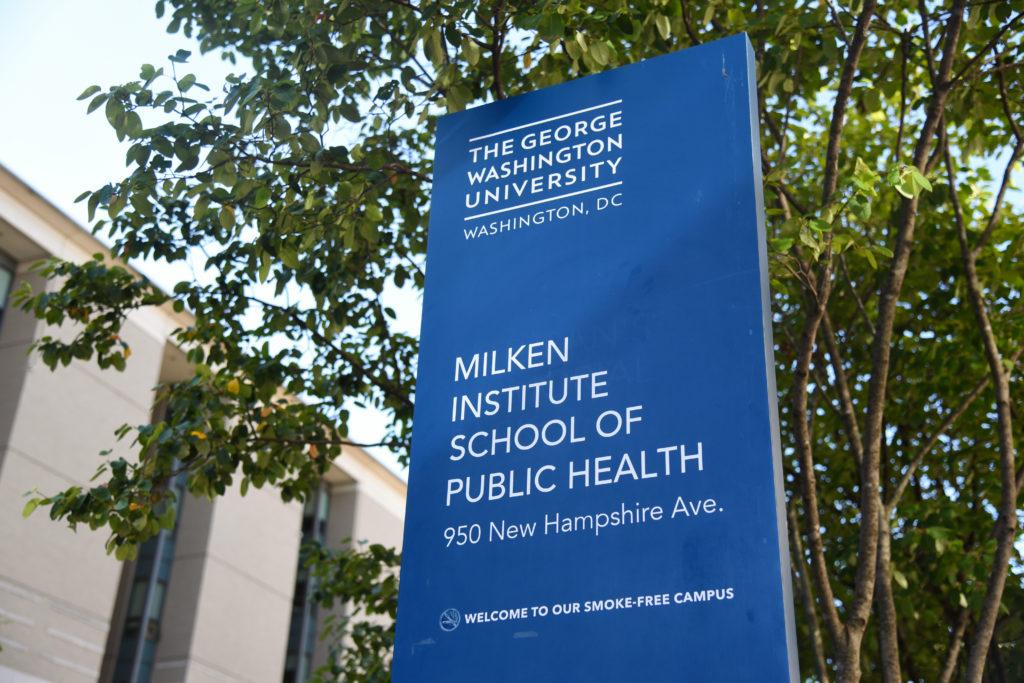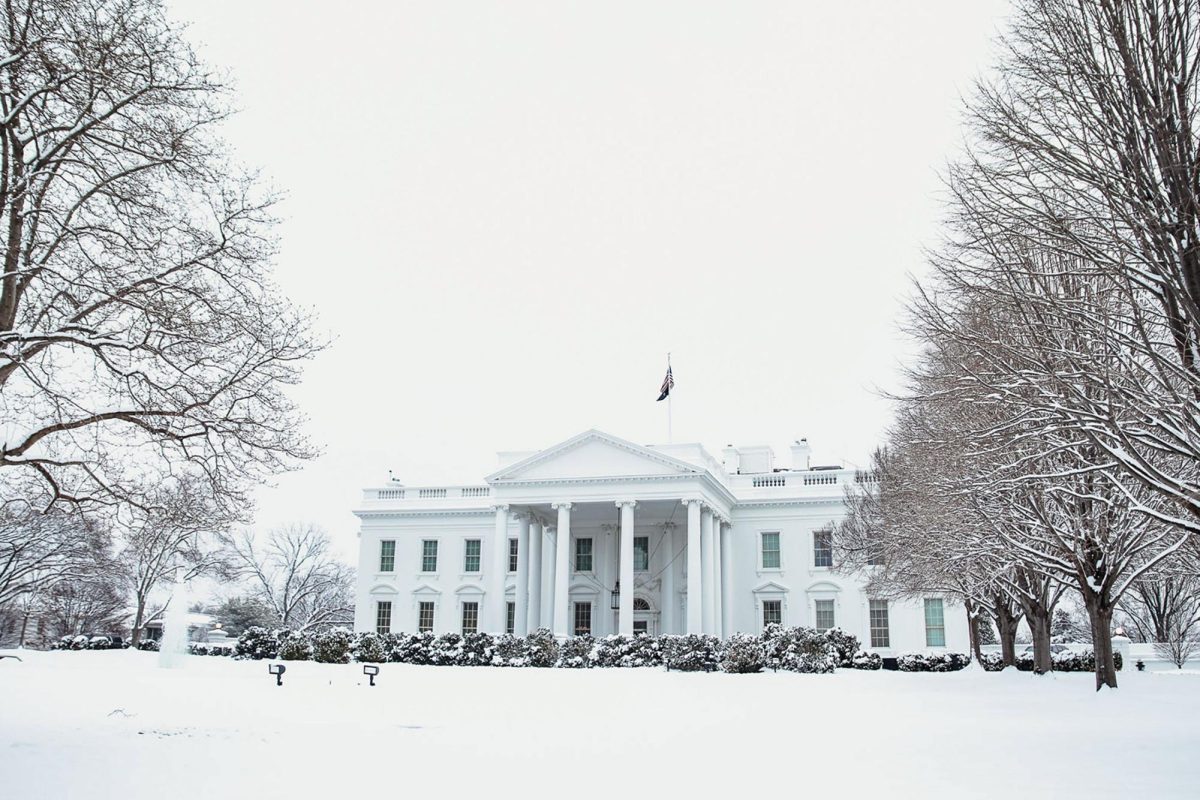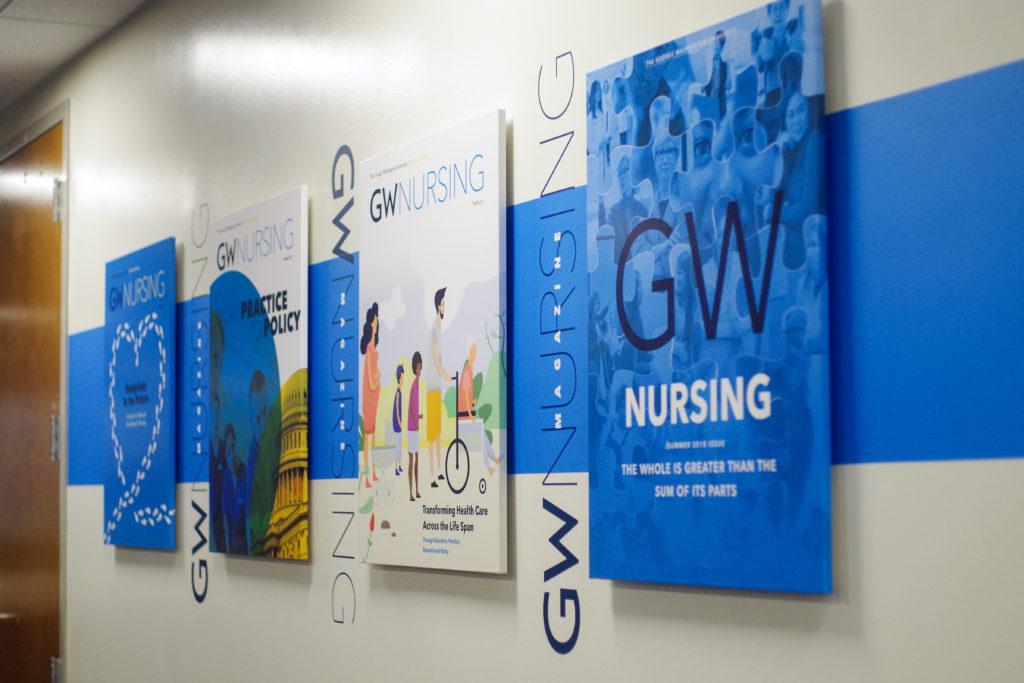Milken Institute School of Public Health professors are collaborating with a D.C.-based health institute to build an HIV research center that is set to open in southeast D.C. in early 2024.
The National Institutes of Health granted the center a $2 million award earlier this month to advance the construction of the new facility. GW officials are continuing their long-term partnership with the Whitman-Walker Institute – a D.C.-based HIV research and health center – to triple current patient capacity in the Max Robinson Research Center, a biomedical HIV research facility in Ward 8.
Jonathon Rendina – the principal investigator of the project, an associate research professor of epidemiology in Milken and the senior director of research at Whitman-Walker – said the NIH grant allows researchers to expand the Max Robinson Research Center with an additional 10,000 square feet of research space to advance prevention, treatments and trial drugs to alleviate the effect of the disease in neighborhoods of D.C. that are most heavily impacted by HIV, like Ward 8.
Rendina said the center, which is named after a local resident and the first Black national news anchor who died of AIDS-related causes in 1988, is based in the Anacostia neighborhood and serves about 5,000 patients each year. The Max Robinson Center was established in April of 1993, according to the Whitman-Walker website.
“The goal of the facility is to bring together researchers at GW and hopefully over time researchers at other institutions in D.C. to come to Whitman-Walker’s building, and to conduct research there within the communities in those neighborhoods,” Rendina said.
GW and the Whitman-Walker Institute collaborated in 2021 to conduct HIV clinical trials and performed a long-term study to improve care and treatment for individuals living diagnosed with HIV in the District. GW was also one of the first institutions to administer doses of the mRNA HIV vaccines to human test subjects in February.
More than 12,000 D.C. residents are currently living with HIV, but the number of new cases in the District has dropped by 61 percent since 2011, according to the Annual Epidemiology and Surveillance Report from D.C. Health in 2019. More than one million individuals nationally currently have HIV and the average annual number for new cases decreased by eight percent from 2016 to 2019, the most recent year for which data is available, according to the Centers for Disease Control and Prevention.
“We’ll really be expanding to try to be most inclusive of folks that are living in the southeast D.C. region, folks that live in the northwest will still have some of our existing sites to go to to participate in research as well as the range of other universities that exist in northwest D.C.,” Rendina said.
Rendina said the research center will house an internship program for Milken undergraduate and graduate students beginning in the spring semester of 2023.
“We really see it as an amazing space for applied research, training and particularly applied research training in collaboration with communities,” Rendina said. “And so I just want to also highlight the ways in which we really envision this space welcoming students to come and learn with us at the same time.”
Rendina said the space is also designed to welcome researchers across institutions as part of an “affiliated investigators program,” where faculty at D.C. universities can apply to perform collaborative research with the Whitman-Walker team.
“So the goal here is really to make a space where researchers can connect better with communities to understand what the research needs are and to propose and conduct studies that are designed to address those needs,” Rendina said.
Experts in HIV care and research said the facility will grant researchers access to a larger patient pool and an expansion on their research, which could support efforts to find a long-term cure for HIV.
Patricia Cioe, an associate professor of behavioral and social sciences at Brown University and an HIV researcher, said researchers are still looking for long-term treatment for HIV. She said issues like adherence to HIV treatment regimens and access to HIV care are also vital for officials to research and address to properly treat the HIV crisis.
She said the NIH grant will allow researchers to draw from a larger population of patients for research and hopefully treat more people. Cioe said that care for patients with HIV has always been based on clinical trials, so a new research center provides opportunities to further expand research.
“I think society as a whole benefits,” Cioe said. “Because HIV, although it’s not talked about as much as it used to be, it’s still with us, we still have over a million people in this country that are living with HIV.”
Sergei Nekhai, a professor of medicine and the deputy director of the Sickle Cell Center at Howard University, said a new research space where testing opportunities are available will create additional opportunities like drug trials and continued research for a cure.
He said there isn’t one single treatment for HIV but the antiviral medication Truvada is a common treatment. Nekhai said the research center would increase opportunities for those with HIV to participate in clinical research that would help develop a fully functional cure for HIV.
“We’re still far away from an effective cure,” Nekhai said. “So for now, there is also a semi-functional cure.”








